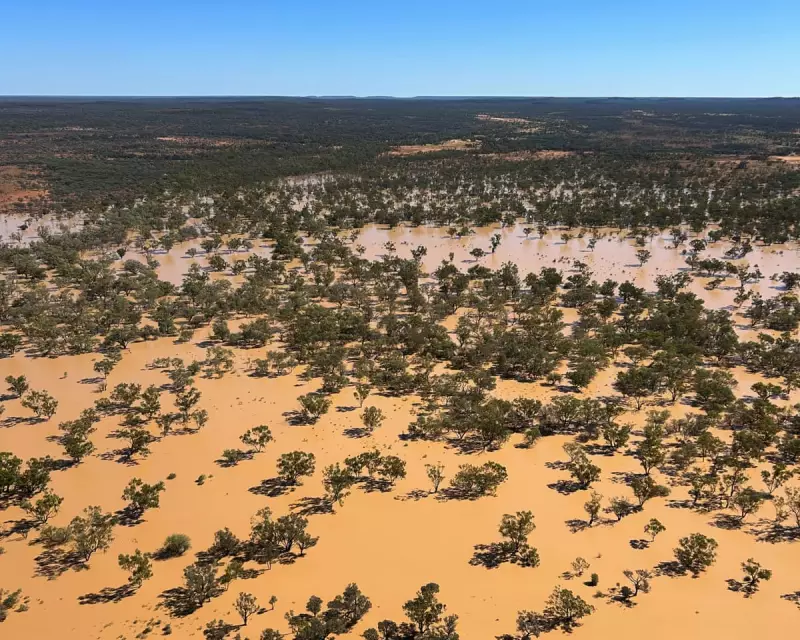
Australia's rural veterinarians are grappling with unprecedented challenges as extreme weather events become more frequent and severe. From devastating bushfires to prolonged droughts and floods, these professionals are on the front lines of a crisis that threatens both animal welfare and the livelihoods of farming communities.
The Growing Strain on Rural Vets
Veterinarians in remote areas are facing immense pressure as they respond to emergencies caused by climate-related disasters. The physical and emotional toll is significant, with many working long hours in hazardous conditions to save livestock and wildlife.
Key Challenges:
- Increased workload: More frequent disasters mean vets are constantly in emergency mode
- Mental health impacts: Dealing with mass animal casualties takes a psychological toll
- Resource shortages: Limited supplies and personnel in remote locations
- Financial pressures: Many farmers can't afford treatment after weather-related losses
Impact on Farming Communities
The crisis extends beyond animal welfare, affecting entire rural economies. When vets are overwhelmed, farmers face greater livestock losses, compounding the financial strain from damaged crops and infrastructure.
Long-term Consequences:
- Potential vet shortages as professionals leave rural areas
- Increased food security concerns
- Growing mental health crisis in farming communities
- Higher costs for animal treatment and prevention
A Call for Support
Experts warn that without immediate action to support rural vets and address climate change, Australia's agricultural sector could face irreversible damage. Proposed solutions include:
- Increased funding for rural veterinary services
- Mental health support programs
- Better disaster preparedness training
- Stronger climate change mitigation policies
As extreme weather events continue to intensify, the vital role of rural veterinarians in maintaining Australia's agricultural resilience has never been more apparent.





